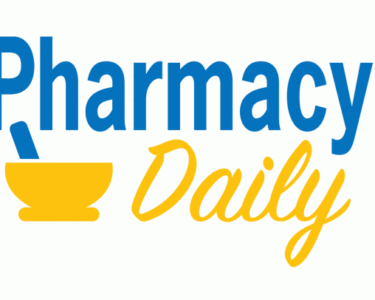THE Therapeutic Goods Administration (TGA) has warned health professionals and consumers of the dangers of counterfeit medications, with highly convincing packaging making it difficult to discern from the genuine product.
The warning comes after the TGA facilitated the seizure of millions of counterfeit and illegal therapeutic goods as part of a worldwide initiative in conjunction with international criminal police organisation Interpol.
Australia recorded the largest seizures globally, with psychostimulants such as modafinil and armodafinil being the most common category seized nationally, followed by nicotine pouches and erectile dysfunction medicines.
“During this operation, the TGA assessed over 9,500 imports referred by the Australian Border Force and facilitated the seizure of over 5.2 million units of unlawfully imported therapeutic goods, including substandard and falsified products,” said Professor Anthony Lawler, Deputy Secretary of the Department of Health, Disability and Ageing and head of the TGA.
“Buying medicines online from overseas may seem like a convenient or affordable option, but it can result in the consumer receiving counterfeit or substandard products that are ineffective or harmful.
“These products may contain the wrong dose of active ingredient, toxic contaminants or undisclosed dangerous or illegal ingredients.”
Other counterfeit products seized included semaglutide medicines, ivermectin tablets, and injectable botulinum toxin products.
The TGA noted that the counterfeit botulinum toxin products were packaged to appear as genuine, branded, Botox products, manufactured by Allergan, an AbbVie company.
However, packaging inconsistencies were identified, including typographic errors like incorrect spacing, bolding and spelling mistakes.
Additionally, the batch numbers were confirmed by AbbVie as not genuine.
The products may pose a serious risk to health and should not be used, the TGA warned.
The regulator reiterated that the counterfeit ‘Botox’ products were purchased online from an overseas website and imported – they were not obtained from an Australian pharmacy.
“While consumers who hold a valid prescription may lawfully import prescription-only medicines for personal use, counterfeit products cannot be imported under the Personal Importation Scheme, under any circumstances, even with a valid prescription,” a TGA spokesperson said.
“Knowingly importing, supplying and/or giving away counterfeit therapeutic goods is illegal and poses a significant public health and safety risk.”
The problem facing consumers is that manufacturers of counterfeit goods are producing products that, to the untrained eye, may appear legitimate – the two ‘Botox’ examples being case in point.
“We advise consumers to exercise extreme caution when purchasing medicines from unknown overseas websites,” the spokesperson said.
The regulator recommended consumers consult their healthcare provider or local pharmacy if they have any concerns. KB
The post TGA warning after counterfeits seized appeared first on Pharmacy Daily.

